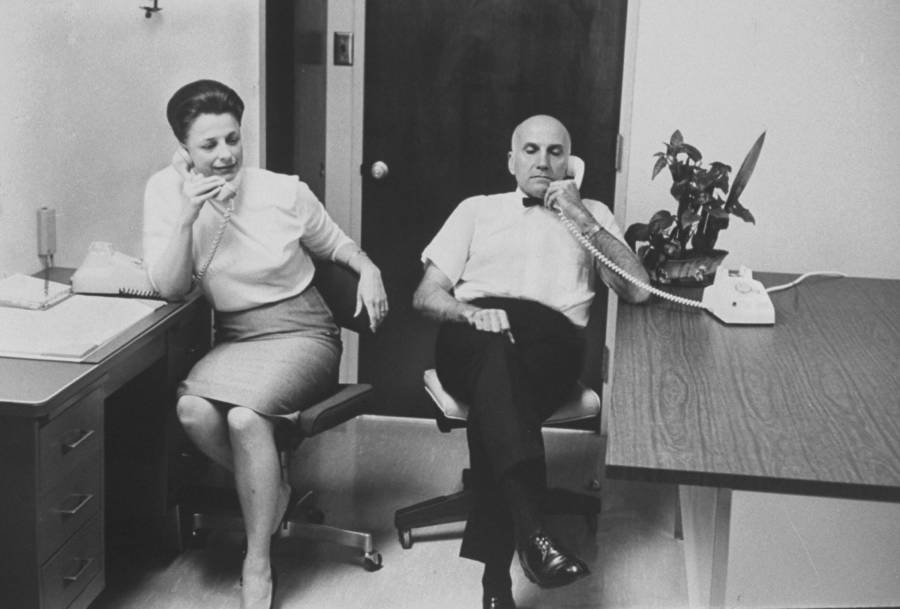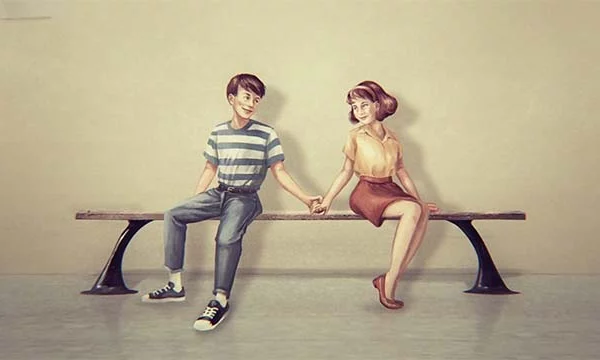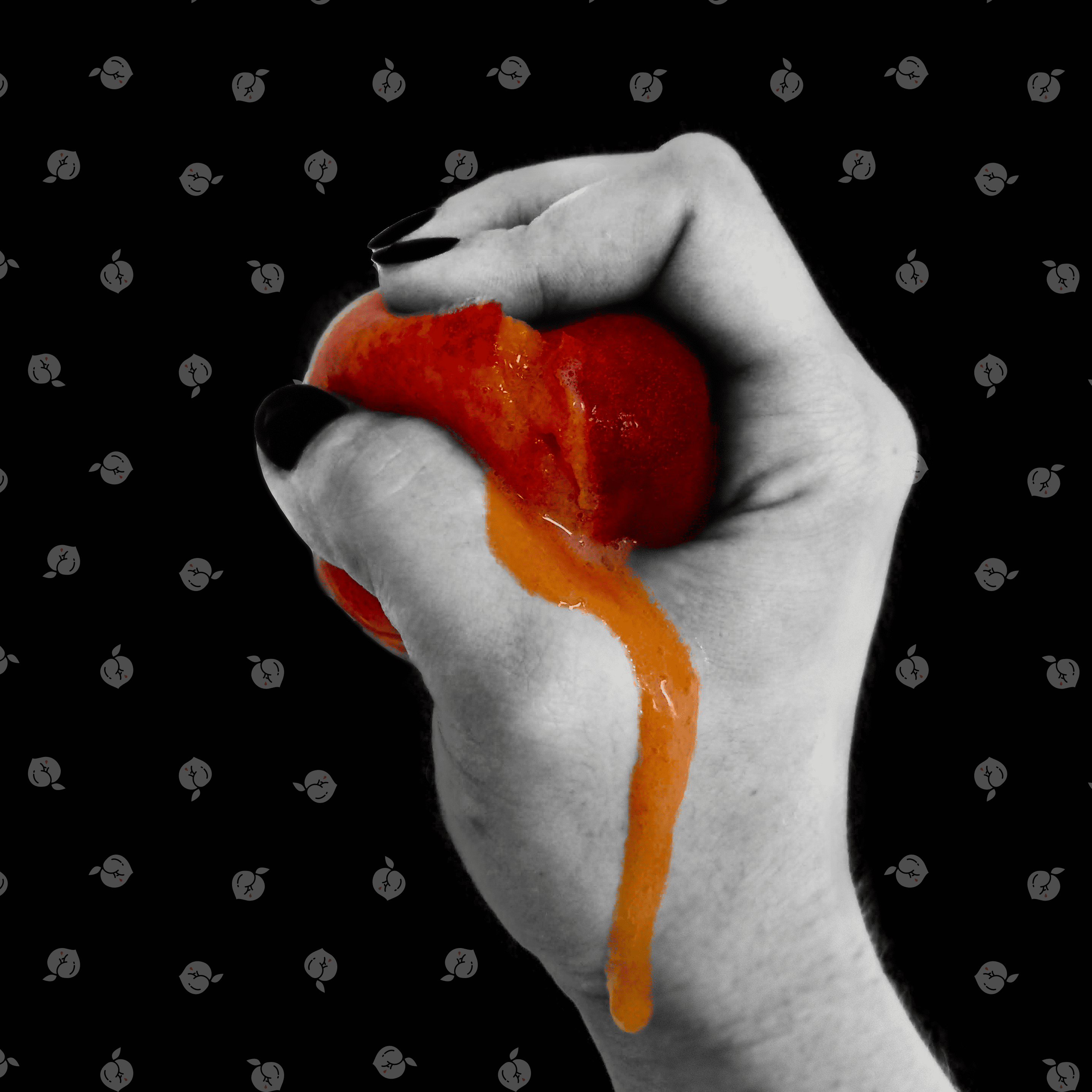Sexual dysfunctions: sexual desire disorder
Sexual dysfunction - the two words we all fear the most. They can appear in all age groups, but because we prefer to pretend that nothing is happening, they can last a very long time or never really disappear.
WHO defines sexual dysfunction as: "a person's inability to participate in a sexual relationship as they would wish," but we are talking about sexual dysfunction when the symptoms last at least six months.
Sexual dysfunctions are problems in the human sexual response. Masters and Johnson, Kaplan, and Kinsey helped divide them into three groups: dysfunctions associated with desire, excitation, and orgasm. All sexual dysfunctions affect an individual's life, self-esteem, physical health, and relationships.
Sexual desire disorder
Sexual desire alone is challenging to define and even more complicated the disorder. Sexual desire is, at first glance, very similar to the excitation phase, except that sexual desire cannot be seen on the body. Kaplan says that sexual desire is an impulse produced by a specific part of the brain that must be strong enough to allow physical changes in the phase of excitation and orgasm. Sexual desire is most associated with the preoptic area of the hypothalamus. If we feel unwell, sick, stressed, or just moody, our sex drive can be disrupted.
Besides the brain, sex drive is also influenced by hormones and neurotransmitters. Among the hormones, testosterone is the most important in men and women, while estrogen does not play any role in sexual desire. High prolactin levels in a man, in addition to causing obesity, also blow away the desire to have sex. Neurotransmitters, even more strongly than the above hormones, affect our mood for love; they can start it or nip it in the bud. The most important neurotransmitters are serotonin, dopamine, adrenaline, and noradrenaline.
If we leave biology alone now, the phenomenon of sexual desire is also influenced by subjective factors. In principle, if sexual experiences are good, they will be the engine of our desire in the future. As you can see, emotions substantially impact the sex drive. Sexual fantasies play the same role as good experiences. However, sexual desire is more affected by negative emotions than positive ones, such as the fear that we will have a shitty performance in bed, that we will not be able to fulfill our partner's wishes, the fear of the role we play, or the loss of interest in sexual activities with our partner.
Kaplan refers to any absence of sexual desire as a hypoactive sex drive. The causes can differ: malnutrition, diseases, obesity, but if the reasons are psychological or social, we are officially talking about inhibited sexual desire. 65% of people have no problem with sexual desire, 28% have already faced it, and 7% of the population has severe issues with it. Nevertheless, some people have a very modest sexual desire all their lives, but this does not bother them. At that time, we are not talking about a disorder or dysfunction.
Both forms of sexual desire dysfunction can be primary or secondary. The first one is rare, but we all heard about it at some point. It is about asexuality throughout an individual's life, from childhood onwards. Such an individual has never had a desire for sex, not even for masturbation. In most cases, the reasons for asexuality are certain diseases and severe psychopathologies such as chronic depression or schizophrenia. Secondary dysfunction occurs after already having an everyday sex life. The reasons for this can be biological, psychological, or social.
The dysfunctions of sexual desire can also be global and selective. The global one is the one that does not change, regardless of the space, the person we are with, or other factors. However, selective is the one that persists only when we spend time with only one partner, and maybe the place we are in extinguishes the fire in us.
As already mentioned above, the reasons for sexual desire disorder are different. People may perceive it as dangerous and amoral, and this triggers anxiety. To avoid pressure, one does everything to avoid desire. Individuals get distracted or deny its existence. On the other hand, due to high social expectations, people think their sexual drive is too low, so they want to have more and more. Also, desire is disrupted by fear of pregnancy, loss of control, injury, pleasure, and fear of sexual desire dysfunction.
Despite all this, sexual desire disorder can be cured with patience, regular exercise, and conversation. But it is still true: be careful what you wish for.
To be continued!

















-0 comments-